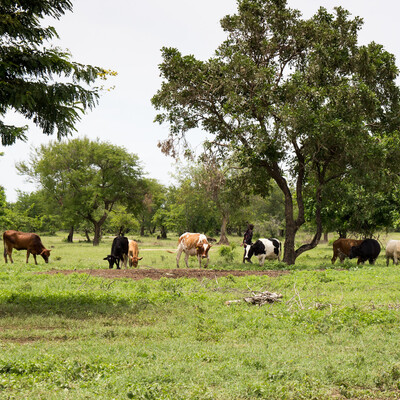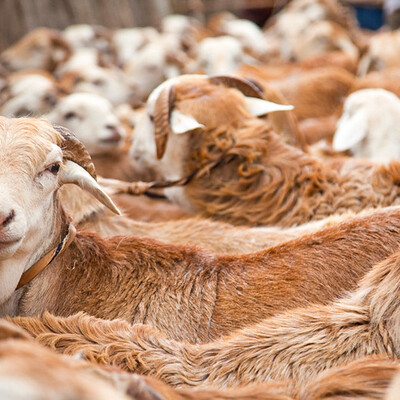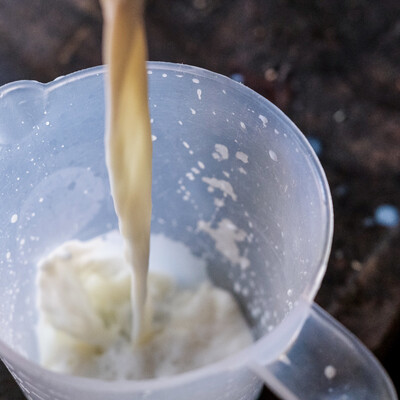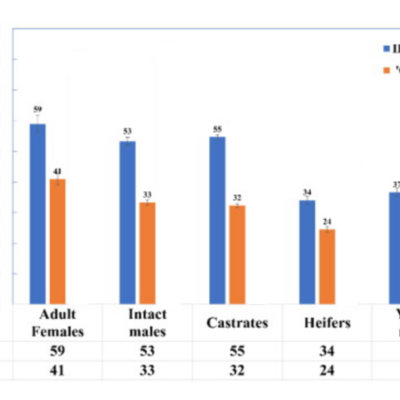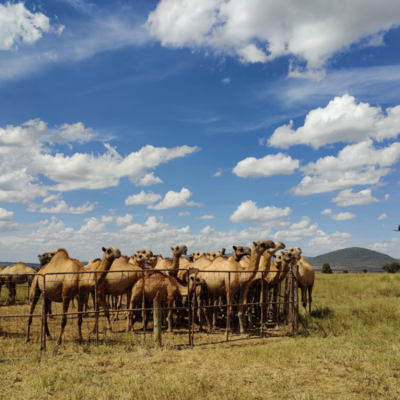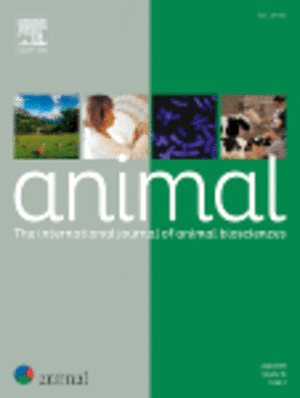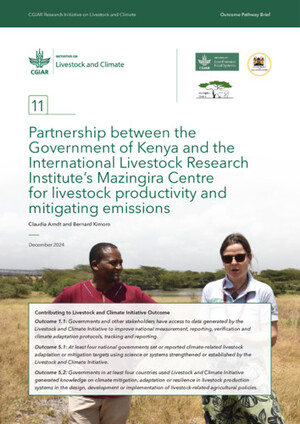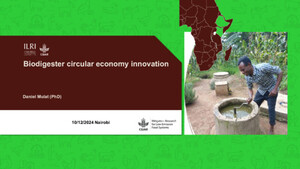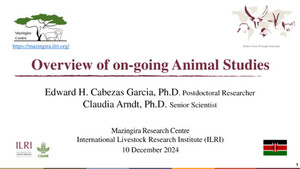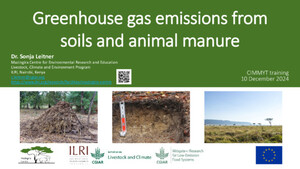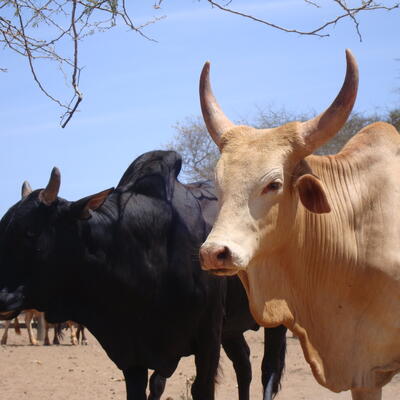
Enhancing West African greenhouse gas research through expert exchange visits at ILRI's Mazingira Centre
Loyapin Bondé, a plant ecologist from the Université Joseph KI-ZERBO in Burkina Faso, recently visited the Mazingira Centre, the International Livestock Research Institute’s (ILRI) environmental and climate research facility in Nairobi, Kenya. The purpose behind this visit? To connect with climate scientists to learn more about ILRI’s gas chromatography laboratory.
Gas chromatography machines are designed to detect and measure greenhouse gases (GHG) such as methane, carbon monoxide, carbon dioxide and nitrous oxide. Until recently, ILRI was the only facility in Africa to own many of these machines as well as have a specialized lab for gas chromatography analysis. The Université Joseph KI-ZERBO became one of the additional few labs to acquire its own SRI gas chromatography (GC) system, which Bondé now oversees.
‘Because ILRI is one of the only places with a gas chromatography lab on the continent, I needed to learn from their experts on how to operate our machines so that we can collect the right information and so that I can train other technicians,’ said Bondé.

ILRI's five machines analyze about 600 samples of gases a day, collecting data on everything from cattle breath samples in the field to soil emissions from maize fields. This data is helping researchers understand how much emissions are generated in different agriculture systems and to identify opportunities where emissions can be reduced.
‘Maize and rice are the most important food in our country and people are using a lot of fertilizer to grow their crops, which is a great source of GHG emissions. When we calculate the GHG emissions from these fields, it helps the government to see at the national level how our cropping system is affecting the climate,’ said Bondé.
Building bridges in GHG emissions research
Beyond the national level, the collaboration between the Mazingira Centre and the Université Joseph KI-ZERBO holds great significance for the African continent, where there is a scarcity of greenhouse gas emissions data. Expanding GC operations expertise and use has the potential to enhance the continent’s agriculture emissions database. These measurements, for instance, can assist in updating the Nationally Determined Contributions (NDCs) of various African countries, aligning with the emission targets set by the Paris Agreement.
‘When we conduct these trainings, we want to create a ripple effect and bring in even more collaborators who can pick up these important skills to generate agricultural emissions data for Africa,’ explained Paul Mutuo, ILRI’s gas chromatograph research expert who trained and worked closely with Bondé.
‘This data can be used to help scientists and government staff develop solutions that assist African countries in transitioning to more climate smart agricultural systems and adopt land management practices that reduce emissions.'

Researchers from ILRI's Mazingira Centre and the Université Joseph KI-ZERBO are grateful to the Ministry of Higher Education, Research, and Innovation of Burkina Faso for supporting Bondé’s visit. Bondé looks forward to implementing his newfound skills at his university and to encouraging other researchers in neighboring countries to adopt GC technology.
Capacity development at Mazingira Centre
Through its capacity building efforts in measuring and identifying solutions to reduce greenhouse gas emissions in African farming systems, ILRI’s Mazingira Centre is building a cohort of scientists like Bondé who can scale out these practices and innovations.
‘ILRI’s Mazingira Centre is the measurement and capacity building hub for agriculture greenhouse gas emissions in East Africa Measurement Hub,’ said Claudia Arndt, team leader for Mazingira.
The centre attracts MSc and PhD students, lab technicians and scientists through its specialized trainings and summer school sessions. It equips students and professionals in agriculture and environmental science with expertise in experimental methodologies, theories and scientific writing practices. Mazingira researchers are also working with farmers to identify and co-develop more sustainable livestock farming practices.







